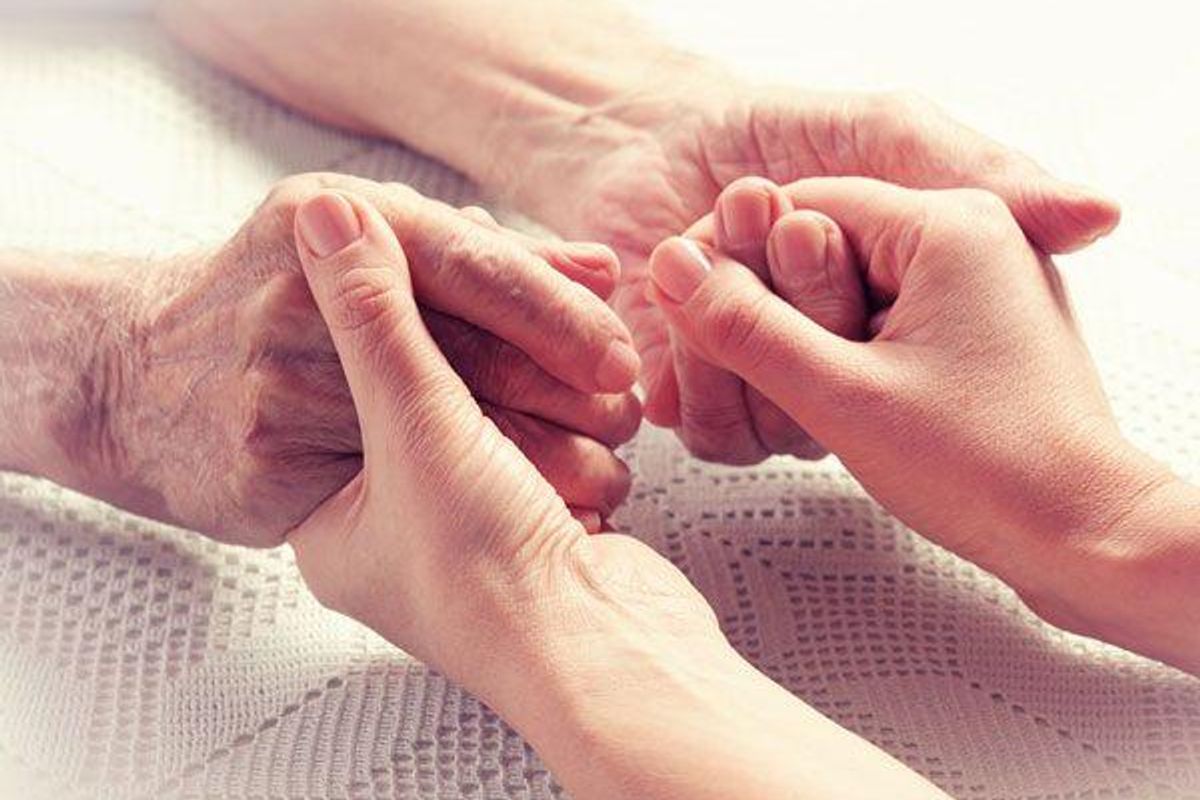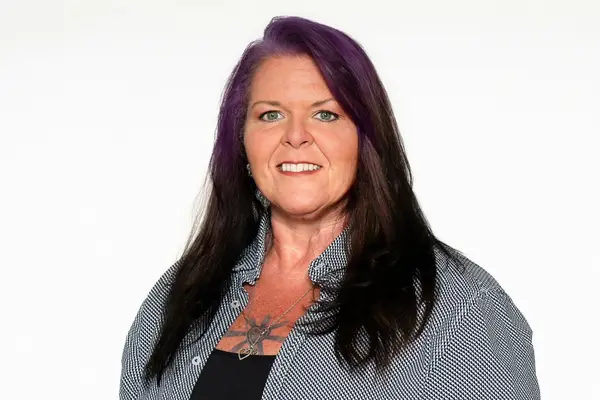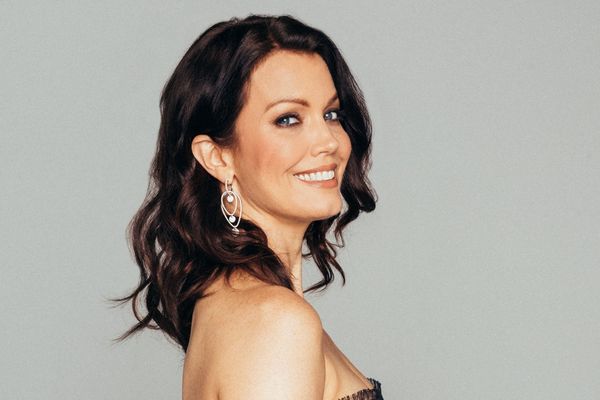November is National Family Caregivers Month, a time to honor the millions of caregivers who help loved ones stay in their homes as they age. As a member of the AARP Kitchen Cabinet on Caregiving, I'm pleased to celebrate family caregivers and share news about the huge role family caregiving plays in our society.
Caregiving was a major part of my life until almost two years ago when my mom died. She was 91 when she passed away. While I am no longer a caregiver, it's still an important issue to me as I see many post-50 friends juggle caregiving for their aging parents.
According to the National Alliance for Caregiving, "More than 65 million people, 29% of the U.S. population, provide care for a chronically ill, disabled or aged family member or friend during any given year."
Being Thankful for All You Can Do
As I reflect on my time as a caregiver, I'm reminded to appreciate basic tasks in life that I sometimes take for granted. My feet can still take me where I want to go. My legs are strong and my balance is good. My mind is not confused. I can hear music whenever I want to listen. I can see the trees change their beautiful colors during autumn. I can get in and out of a chair, the shower, and my car. I can drive to the supermarket and go shopping and I can ride long distances to visit my family and friends near and far.
At the beginning of each yoga class my teacher N encourages us to "be thankful for all that we can do in this moment." It's a reminder to enjoy the present because we don't know what tomorrow will bring, especially as we age.
The Virtual Dementia Tour
Last year, I had a chance to take the Virtual Dementia Tour (VDT), produced by Second Wind Dreams. It's an interactive tool described as "a hands-on experience that provides insight to those caring for dementia."
I was lucky in caring for my mom, because her mind remained strong during her later years. It was her physical disabilities with severe arthritis that caused her limitations.
So what is it like to have dementia? Though the tool doesn't alter the mind, it adds impediments to daily life. I put on goggles that simulated poor vision and headphones to muffle my hearing. When people talked to me, it felt like I was listening to a poorly connected radio station. I put on gloves making it difficult to button a blouse or zip a zipper. I was given inserts for my shoes making me unsteady on my feet. With all these frailties, I was only able to execute a few simple tasks that the instructors asked me to complete.
After the tour I had renewed empathy for those with dementia (and their caregivers too). It was easy to see how dementia patients can become distracted, frustrated and scared. As one participant said, "At least I knew it would be over soon and I could go back to normal. Our mother has to live with it every day."
I ♥ Caregivers
This month AARP is sharing caregiver stories on its I Heart Caregivers website. From across the country, ordinary people share their extraordinary stories of how they care for their ailing mothers, fathers, stepparents, aunts, uncles and other family members—all with a loving touch. I encourage you to read some of these heartwarming stories and share your own acts of caring.
To stay up-to-date on issues affecting caregiving, sign up for the AARP caregiving newsletter or check out the AARP Caregiving Resource Center for information, tips and tools for caregivers.
To all those who are caregivers during your life after 50, I leave you with a favorite quote I keep prominently placed on my kitchen counter: "Enjoy the little things. For one day you may look back and realize they were the big things."
This post originally appeared on aboomerslifeafter50.com.






